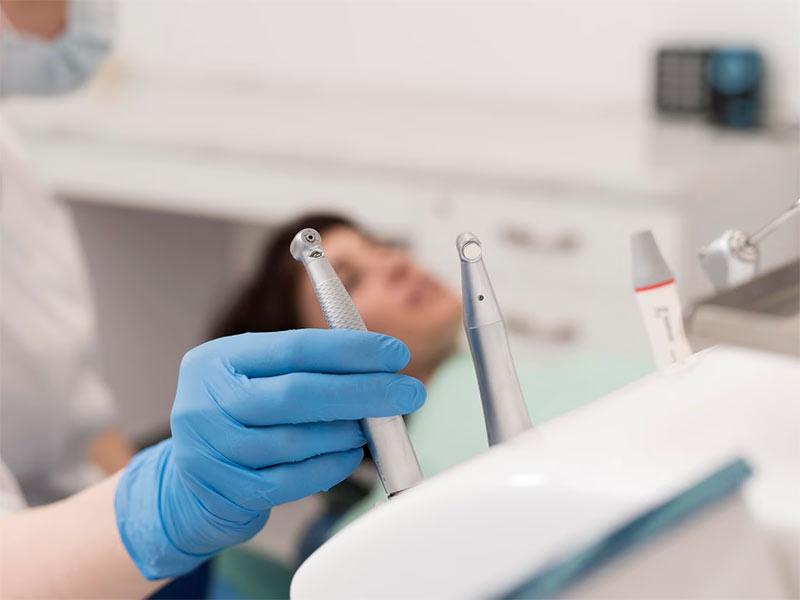If you’ve ever felt that stabbing pain in your gums behind a growing tooth, you might be dealing with the mysterious pericoronitis. But don’t worry! In this article, we will explore the symptoms and treatments of this annoying problem.
What is pericoronitis
Pericoronitis is a dental condition that occurs when the gum tissue that partially surrounds a tooth that is erupting, inflamed, or infected. This inflammation usually occurs when the tooth has not come out completely and a part of the gum, called the “hood”, covers part of the crown of the growing tooth. This area can build up food and bacteria, leading to inflammation and possibly infection.
It is important to address pericoronitis early, because if left untreated, the infection can spread and cause more serious complications. If you experience symptoms of pericoronitis, it is advisable to consult a dentist for a proper diagnosis and treatment plan.
What are the symptoms of pericoronitis
Symptoms of pericoronitis may vary in intensity, but usually include:
- Inflamed gums: The gums around the erupting tooth may look swollen, red, and tender to the touch.
- Pain: You may experience pain in the affected area, which is often more pronounced when chewing or pressing on the inflamed gum.
- Difficulty opening the mouth: Pain and inflammation can cause difficulty opening the mouth completely or moving it normally.
- Eating discomfort: Eating may become uncomfortable due to pain and tenderness in the affected area.
- Bad breath: The accumulation of bacteria and food in the affected area can cause bad breath or an unpleasant taste in the mouth.
- Swelling: In some cases, the affected area may swell very noticeably.
What are the treatments for pericoronitis
- Salt water rinses: In mild cases, rinsing the affected area with a solution of warm water and salt can help reduce inflammation and keep the area clean. This may provide temporary relief.
- Rigorous oral hygiene: Maintaining good oral hygiene is essential. Gently brush your teeth and gums, paying special attention to the inflamed area. Flossing is also important for removing food debris and bacteria.
- Antibiotics: If infection is evident or if pus is present, antibiotics may be needed to fight the infection. A dentist will prescribe the right antibiotic to treat the infection and prevent its spread.
- Tooth extraction: In severe or recurrent cases of pericoronitis, the dentist may recommend removing the growing tooth. This may be especially true if the tooth causes ongoing problems and there is not enough space in the mouth for it to erupt properly.
- Abscess drainage: If a dental abscess is present, the dentist may perform a small drainage to remove pus and reduce pressure and inflammation.
- Follow-up and prevention: After treatment, it is important to follow up with your dentist to make sure the condition has been completely resolved.
Tips for preventing pericoronitis
Eat a balanced diet
Eating a diet rich in vitamins and minerals can strengthen your gums and teeth, helping to prevent dental problems, including pericoronitis.
Prevent irritation
Avoid biting or rubbing the inflamed area with hard foods or toothbrushes. Irritation can worsen the condition.
Visit your dentist regularly
Schedule regular dental checkups. A dentist can evaluate the position of your teeth and give you guidance about their care.
Te ayudamos a conseguir una sonrisa sana y brillante
At our dental clinic in Malaga, we have professionals who can help you prevent pericoronitis as well as perform any necessary treatment. If you want more information about the different services and treatments we can provide, do not hesitate to contact us.
Ortodoncista especializada en el sistema de ortodoncia invisible, extensa trayectoria profesional y un gran número de pacientes satisfechos con los resultados obtenidos tras la finalización de su tratamiento.


